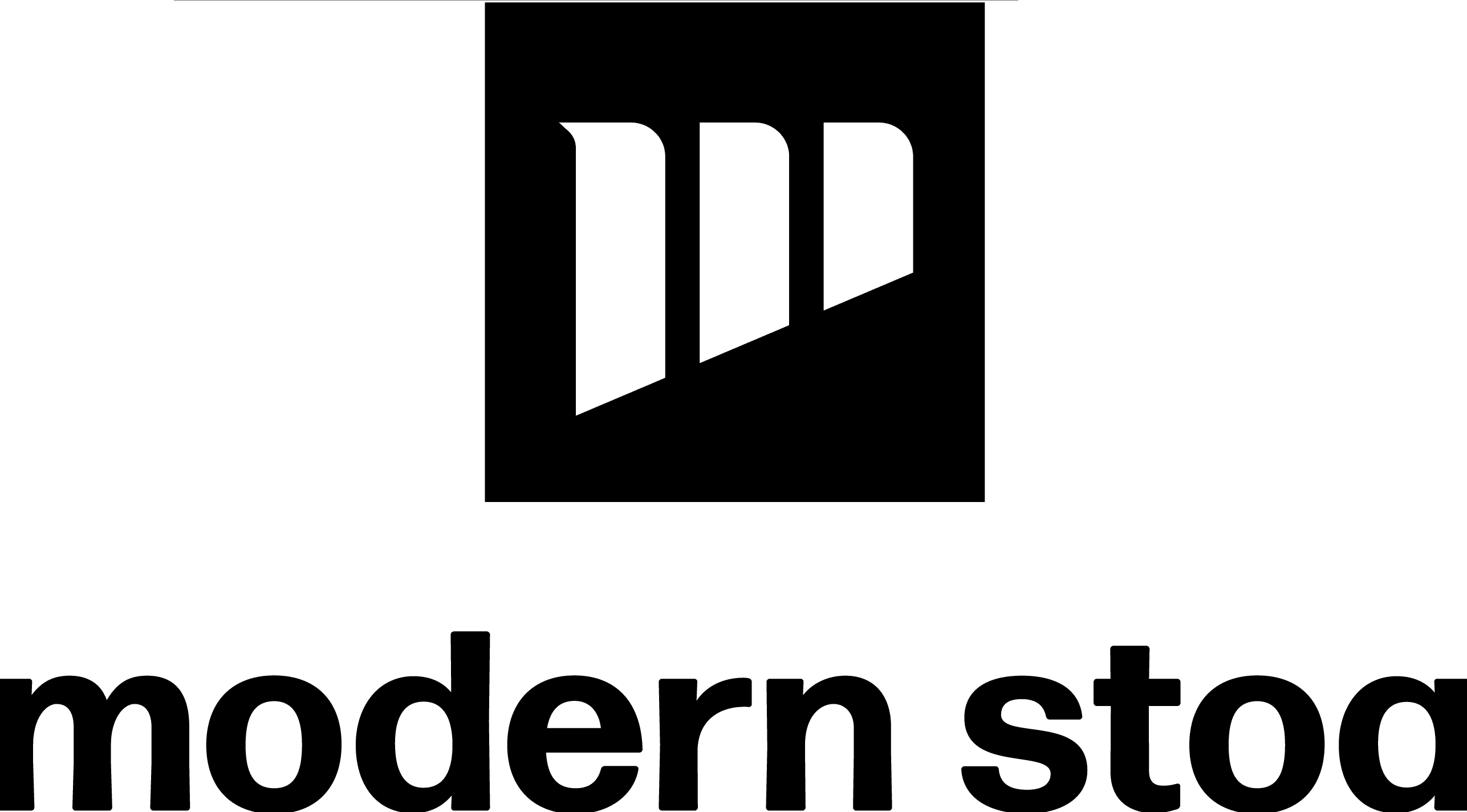
For many podcasters, SEO begins and ends with uploading a transcript. While transcriptions do help with searchability, they’re just the starting point. To improve visibility across search engines and podcast platforms, you need to think more strategically about your metadata. From episode titles to structured show notes, every text element connected to your podcast is an opportunity to boost discoverability.
Crafting Smart, Search-Friendly Episode Titles
Your episode title is often the first thing a listener (or algorithm) sees. It needs to be clear, descriptive, and keyword-rich without sounding robotic. Avoid vague titles like “Episode 12 – Big News” and instead write something that reflects the content, such as “How to Launch a Product Without Paid Ads.”
Keep titles concise, ideally under 60 characters, and lead with the most important words. If your episode covers a trending topic or features a notable guest, include that in the title to improve relevance in search.
Optimizing Descriptions and Show Notes
Your episode description should give a short, compelling summary of the content while naturally integrating keywords. Mention guest names, themes, questions discussed, and related topics that potential listeners might search for.
Show notes can go deeper. Think of them like a blog post companion to your episode. Use headers, bullet points, and timestamps to make the content easy to scan. Include internal links to past episodes and external links to resources mentioned in the show. This not only helps with SEO, but also improves listener experience.
Using Chapter Markers for Contextual Keywords
Chapter markers (when supported by platforms) are a powerful and underused SEO asset. Each chapter title becomes a piece of metadata that can help listeners and search engines understand what your episode covers.
Break your content into logical segments with descriptive titles. For example, rather than labeling a section “Segment 1,” use “Tips for Growing an Email List” or “The Turning Point in Our Guest’s Career.” These phrases may align with common search terms and increase the likelihood of your content being surfaced.
Site Structure and Search Indexing
If your podcast has a website or landing page, make sure it supports search indexing. Create a dedicated page for each episode with its own URL, optimized meta tags, and a readable title tag. Use a clean URL structure (like /podcast/episode-name) to help both users and search engines understand your content.
Consider embedding your player alongside a summary, transcript, and relevant links. The more rich and relevant your episode page is, the more likely it is to appear in search results, even outside podcast platforms.
Final Thoughts
SEO for podcasts is about more than just publishing audio and hoping for the best. By optimizing your metadata, from titles and descriptions to chapter markers and site structure, you give your show more chances to be discovered by the right audience. A few small tweaks in your workflow can lead to long-term growth and greater visibility in a crowded podcast landscape.
If you are interested in podcast advertising go to Modernstoa.co.

